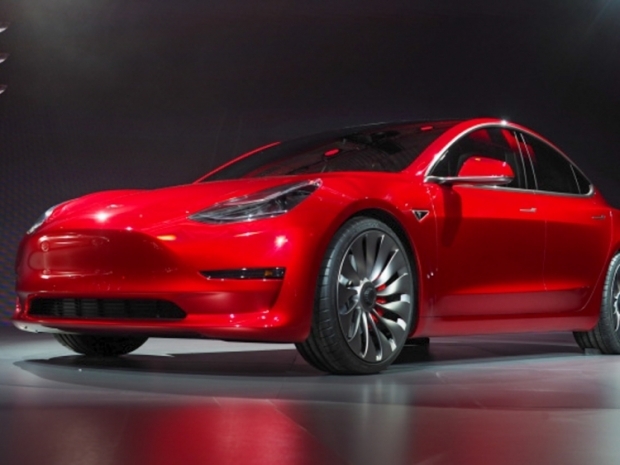He claims he already has the funding to do so from a private buyer. He implied that the funding values the company at $420 a share. The stock had been worth about $342 a share before Musk's tweet, and shares quickly jumped as high as $371.
Musk's hope, he later tweeted, is that "all current investors remain with Tesla even if we're private. Would create special purpose fund enabling anyone to stay with Tesla. Already do this with Fidelity's SpaceX investment".
Musk, who said he would stay on as CEO, also seems willing to have a provision for retail investors, who have held Tesla shares prior to Dec. 31, 2016, to convert their shares into private shares.
Musk, in response to a tweet, said he's "super appreciative of Tesla shareholders" and "will ensure their prosperity in any scenario". Musk has publicly mused about taking Tesla private before, saying in a 2017 Rolling Stone profile: "I wish we could be private with Tesla. It actually makes us less efficient to be a public company."
Musk sent an email to employees on Tuesday to explain his rationale behind the move. He wrote:
“Earlier today, I announced that I'm considering taking Tesla private at a price of $420/share. I wanted to let you know my rationale for this, and why I think this is the best path forward. First, a final decision has not yet been made, but the reason for doing this is all about creating the environment for Tesla to operate best. As a public company, we are subject to wild swings in our stock price that can be a major distraction for everyone working at Tesla, all of whom are shareholders. Being public also subjects us to the quarterly earnings cycle that puts enormous pressure on Tesla to make decisions that may be right for a given quarter, but not necessarily right for the long-term. Finally, as the most shorted stock in the history of the stock market, being public means that there are large numbers of people who have the incentive to attack the company. I fundamentally believe that we are at our best when everyone is focused on executing, when we can remain focused on our long-term mission, and when there are not perverse incentives for people to try to harm what we're all trying to achieve. This is especially true for a company like Tesla that has a long-term, forward-looking mission. SpaceX is a perfect example: it is far more operationally efficient, and that is largely due to the fact that it is privately held. This is not to say that it will make sense for Tesla to be private over the long-term. In the future, once Tesla enters a phase of slower, more predictable growth, it will likely make sense to return to the public markets.”

